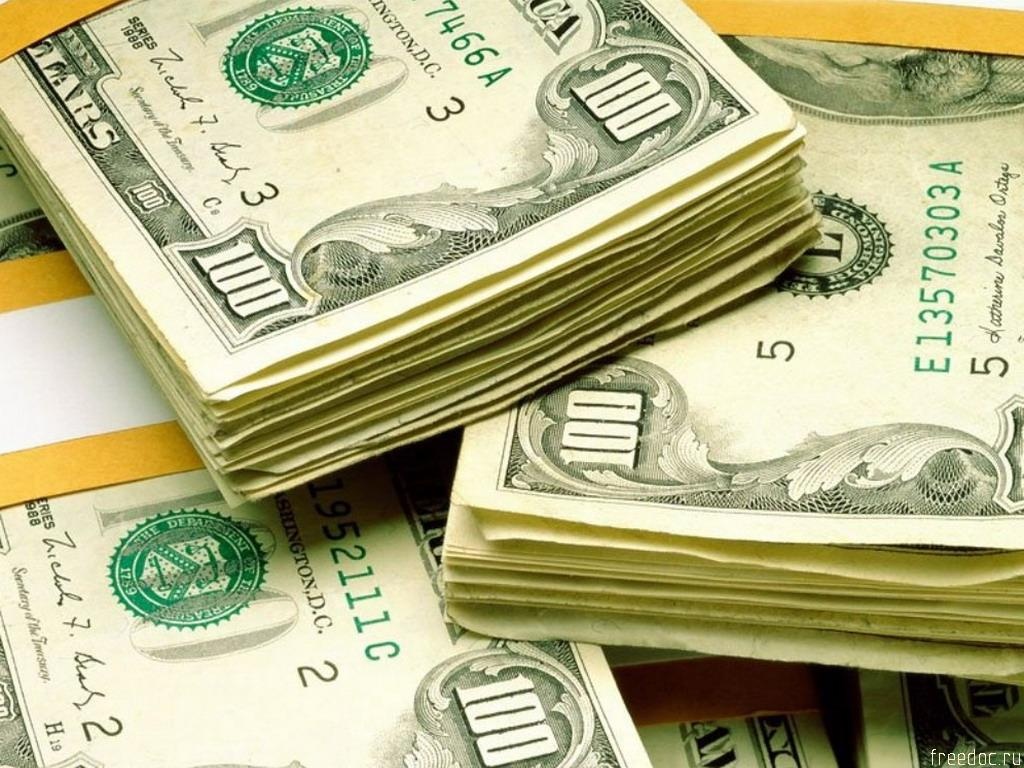How ANC sold out SA’s poorest

Ronnie Kasrils
South Africa’s young people today are known as the Born Free generation. They enjoy the dignity of being born into a democratic society with the right to vote and choose who will govern. But modern South Africa is not a perfect society.
Full equality — social and economic — does not exist, and control of the country’s wealth remains in the hands of a few, so new challenges and frustrations arise.
Veterans of the anti-apartheid struggle like myself are frequently asked whether, in the light of such disappointment, the sacrifice was worth it. While my answer is yes, I must confess to grave misgivings: I believe we should be doing far better.
There have been impressive achievements since the attainment of freedom in 1994: in building houses, crèches, schools, roads and infrastructure; the provision of water and electricity to millions; free education and healthcare; increases in pensions and social grants; financial and banking stability; and slow but steady economic growth (until the 2008 crisis at any rate).
These gains, however, have been offset by a breakdown in service delivery, resulting in violent protests by poor and marginalised communities; gross inadequacies and inequities in the education and health sectors; a ferocious rise in unemployment; endemic police brutality and torture; unseemly power struggles within the ruling party that have grown far worse since the ousting of Mbeki in 2008; an alarming tendency to secrecy and authoritarianism in government; the meddling with the judiciary; and threats to the media and freedom of expression.
Even Nelson Mandela’s privacy and dignity are violated for the sake of a cheap photo opportunity by the ANC’s top echelon.
Most shameful and shocking of all, the events of Bloody Thursday — August 16 2012 — when police massacred 34 striking miners at Marikana mine, owned by the London-based Lonmin company.
The Sharpeville massacre in 1960 prompted me to join the ANC. I found Marikana even more distressing: a democratic South Africa was meant to bring an end to such barbarity. And yet the president and his ministers locked into a culture of cover-up. Incredibly, the South African Communist party, my party of over 50 years, did not condemn the police either.
South Africa’s liberation struggle reached a high point but not its zenith when we overcame apartheid rule. Back then, our hopes were high for our country, given its modern industrial economy, strategic mineral resources (not only gold and diamonds), and a working class and organised trade union movement with a rich tradition of struggle. But that optimism overlooked the tenacity of the international capitalist system.
From 1991 to 1996 the battle for the ANC’s soul got under way, and was eventually lost to corporate power: we were entrapped by the neo-liberal economy — or, as some today cry out — we “sold our people down the river”. What I call our Faustian moment came when we took an IMF loan on the eve of our first democratic election. That loan, with strings attached that precluded a radical economic agenda, was considered a necessary evil, as were concessions to keep negotiations on track and take delivery of the promised land for our people.
Doubt had come to reign supreme: we believed, wrongly, there was no other option; that we had to be cautious, since by 1991 our once powerful ally, the Soviet union, bankrupted by the arms race, had collapsed. Inexcusably, we had lost faith in the ability of our own revolutionary masses to overcome all obstacles. Whatever the threats to isolate a radicalising South Africa, the world could not have done without our vast reserves of minerals.
To lose our nerve was not necessary or inevitable. The ANC leadership needed to remain determined, united and free of corruption — and, above all, to hold on to its revolutionary will. Instead, we chickened out.
The ANC leadership needed to remain true to its commitment of serving the people.
This would have given it the hegemony it required not only over the entrenched capitalist class but over emergent elitists, many of whom would seek wealth through black economic empowerment, corrupt practices and selling political influence.
To break apartheid rule through negotiation, rather than a bloody civil war, seemed then an option too good to be ignored. However, at that time, the balance of power was with the ANC, and conditions were favourable for more radical change at the negotiating table than we ultimately accepted. It is by no means certain that the old order, apart from isolated rightist extremists, had the will or capability to resort to the bloody repression envisaged by Mandela’s leadership.
If we had held our nerve, we could have pressed forward without making the concessions we did.
It was a dire error on my part to focus on my own responsibilities and leave the economic issues to the ANC’s experts. However, at the time, most of us never quite knew what was happening with the top-level economic discussions. As Sampie Terreblanche has revealed in his critique, Lost in Transformation, by late 1993 big business strategies — hatched in 1991 at the mining mogul Harry Oppenheimer’s Johannesburg residence — were crystallising in secret late-night discussions at the Development Bank of South Africa.
Present were South Africa’s mineral and energy leaders, the bosses of US and British companies with a presence in South Africa — and young ANC economists schooled in Western economics. They were reporting to Mandela, and were either outwitted or frightened into submission by hints of the dire consequences for South Africa should an ANC government prevail with what were considered ruinous economic policies.
All means to eradicate poverty, which was Mandela’s and the ANC’s sworn promise to the “poorest of the poor”, were lost in the process.
This is an edited extract from the new introduction to the writer’s autobiography, Armed and Dangerous. This article is reproduced from The Guardian.









Comments